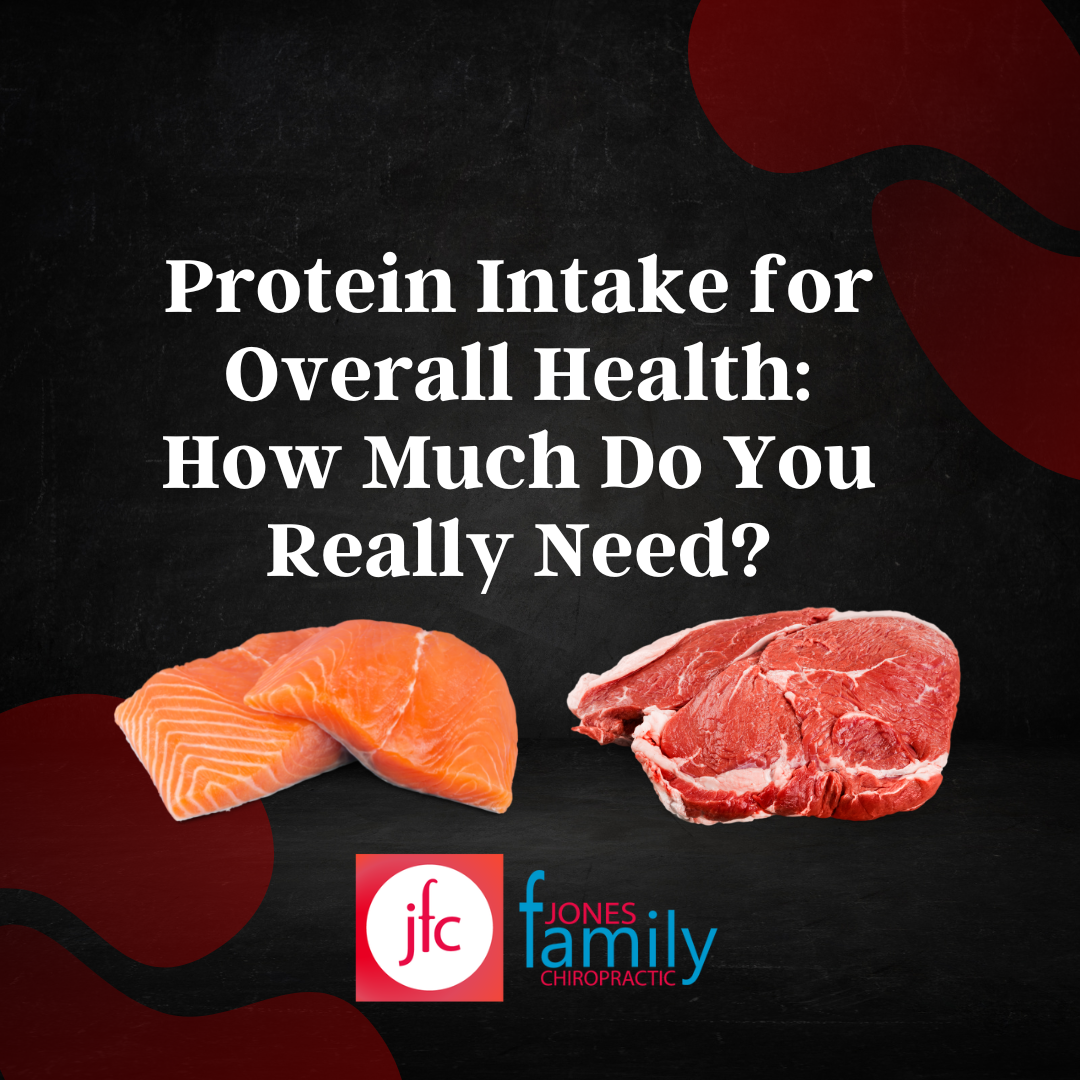Podcast: Play in new window | Download
We have heard that protein is an essential macronutrient in bodybuilding and repair. But how much of this macronutrient is enough for us in a day?
The absolute protein requirement per day depends on factors such as physical activity levels, muscle mass composition and goals, age, and the body’s overall health state. Getting inadequate protein quantity can adversely affect our overall health, physique, and general body constituents.
The Dietary Reference Intake (DRI) recommends 0.36g of proteins per pound (0.8g) per kg of body weight. Although this protein quantity may be adequate to keep deficiency at bay, it may not be enough with other lifestyle factors at play.
How much protein do we need per day?
Basically, protein should give us between 10% to 35% calories in a day. At the age of 40-50 years, we may begin to lose muscle mass. To keep fit and live a quality life as we age, we can increase our protein intake from 0.8 to 1-1.3 grams per kg of body weight per day. Is this quantity enough for strenuous physical activities like weight lifting, cycling, or running?
Regular exercise gurus have higher energy requirements and should consume higher protein quantities, ranging from 1.1-1.5 grams per kg.
Regular weight lifters or those training for cycling or running events require 1.2 -1.7 grams of protein per kilogram of their body weights daily. Overweight individuals should consult a dietician before calculating their daily protein requirements to avoid overestimation.
When is the appropriate time of the day to take proteins?
Recent studies suggest that consuming more proteins for breakfast than supper can reduce hunger and cravings during the day for healthy weight management. However, more research is still required to substantiate these claims. Experts recommend even protein distribution throughout the day, maintaining 15-30 grams at every serving. Studies also show that consuming more than the recommended quantity of protein per meal is a waste because it does not gain any gains.
The myth that eating excess protein results in bigger muscles is false. Although athletes, trainers, and bodybuilders require sufficient proteins daily, eating this macronutrient in excess will not result in bigger muscles. Only additional strength training can result in muscle growth.
Is it dangerous to over consume protein?
Since the body has no means of storing protein after meeting its daily requirements, it uses the excess for energy production or stores it as fat. Most protein-dense foods contain saturated fat. Eating more proteins than the body requires elevates blood lipids and heart disease risk. It may also worsen pre-existing kidney conditions.
Bottom line
The optimal daily protein requirements vary with individuals based on various factors such as physical activity and age. It is fundamental for each of us to maintain diet patterns based on our overall well-being and wellness goals and objectives. Although high protein consumption is associated with various health benefits, over consuming some proteins, such as red meat and processed meat products, exposes us to certain health risks.
You may consult Dr. Jason Jones at our Chiropractic office in Elizabeth City, NC, to learn more on how much protein you should have in a day.




